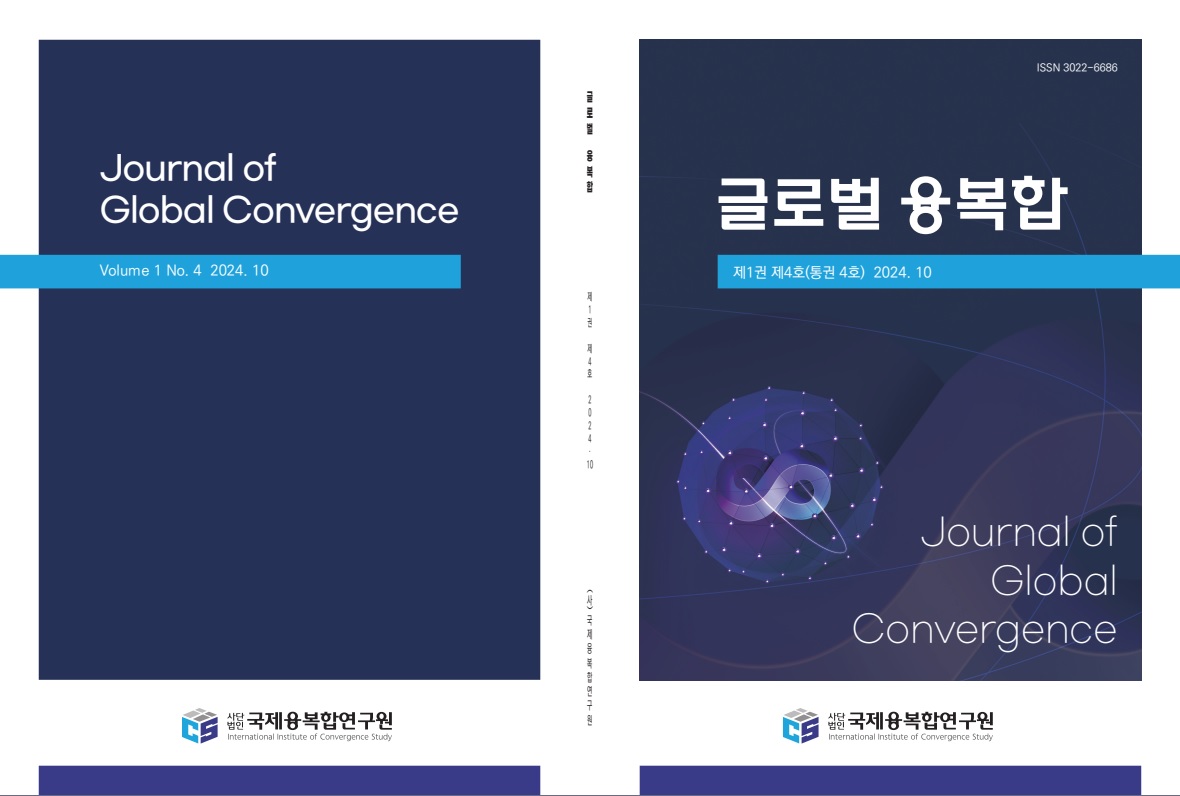하이브리드 위협 대응을 위한 한국형 통합 인지 안보 거버넌스 모델 설계
Design of an Integrated Cognitive Security Governance Model for South Korea to Counter Hybrid Threats
저자
곽근호
수록페이지
p.343-352 (10pages)
조회수
13
다운로드
0
- 창간연도
- 2024년 1월
- ISSN
- (Print)3022-6686 , (Online)3022-6651
- 수록권호
- 제2권 2호 (통권 6호)
- 발행일
- 2025.04
- 수록논문
- 29 articles
- 유형
- 학술저널
- 주제
- 사회과학, 자연과학, 예술체육학, 복합학
- 발행기간
- 2024.01 ~ 2025.04
- 발행주기
- 연 4회(계간)
- 총 권호 수
- 5 volumes
- 총 논문 수
- 76 articles

키워드
인지 안보, 하이브리드 위협, 거버넌스, 정보 조작, 민관 협력Cognitive Security, Hybrid Threats, Governance, Information Manipulation, Public-Private Partnership
초록
본 연구는 현대 국제 안보 환경에서 증가하고 있는 하이브리드 위협, 특히 인지 공격에 효과적으 로 대응하기 위한 한국형 ‘통합 인지 안보 거버넌스’ 모델을 제안한다. 정보통신기술의 발전과 소셜 미 디어의 확산으로 인해 정보 조작, 허위정보 유포 등을 통한 인지 공격은 국가 안보의 핵심적 위협 요소 로 부상하였다. 그러나 한국의 현행 국가안보 및 위기관리 체계는 분절적 구조, 인지 영역에 대한 전문 적 이해 부족, 법제도적 기반 미비 등의 한계를 보이고 있다. 이에 본 연구는 국가안보실 산하에 범부 처 협업의 중심지로서 기능하는 ‘통합 인지 안보 플랫폼’ 구축을 핵심으로 하는 거버넌스 모델을 설계 하였다. 이 모델은 통합성, 신속성, 유연성, 예측성, 법치주의, 민주적 통제, 비례성의 원칙을 기반으로 하며, 민관 협력 프레임워크와 강력한 민주적 통제 장치를 포함한다. 제안된 모델은 인지 위협에 대한 조기 탐지 및 선제적 대응 능력을 향상시키고, 사회 전체의 회복력을 강화할 것으로 기대된다.This study proposes an ‘Integrated Cognitive Security Governance’ model for South Korea to effectively respond to increasing hybrid threats in the modern international security environment, particularly cognitive attacks. With the advancement of information and communication technologies and the widespread use of social media, cognitive attacks through information manipulation and disinformation have emerged as core threats to national security. However, South Korea’s current national security and crisis management systems show limitations including fragmented structures, lack of specialized understanding of the cognitive domain, and insufficient legal and institutional foundations. This research designs a governance model centered on establishing an ‘Integrated Cognitive Security Platform’ under the National Security Office that functions as a hub for inter-ministerial collaboration. The model is based on principles of integration, rapidity, flexibility, proactiveness, rule of law, democratic control, and proportionality, and includes a public-private partnership framework and strong democratic oversight mechanisms. The proposed model is expected to enhance early detection and preemptive response capabilities against cognitive threats and strengthen societal resilience.
 (사)국제융복합연구원
(사)국제융복합연구원